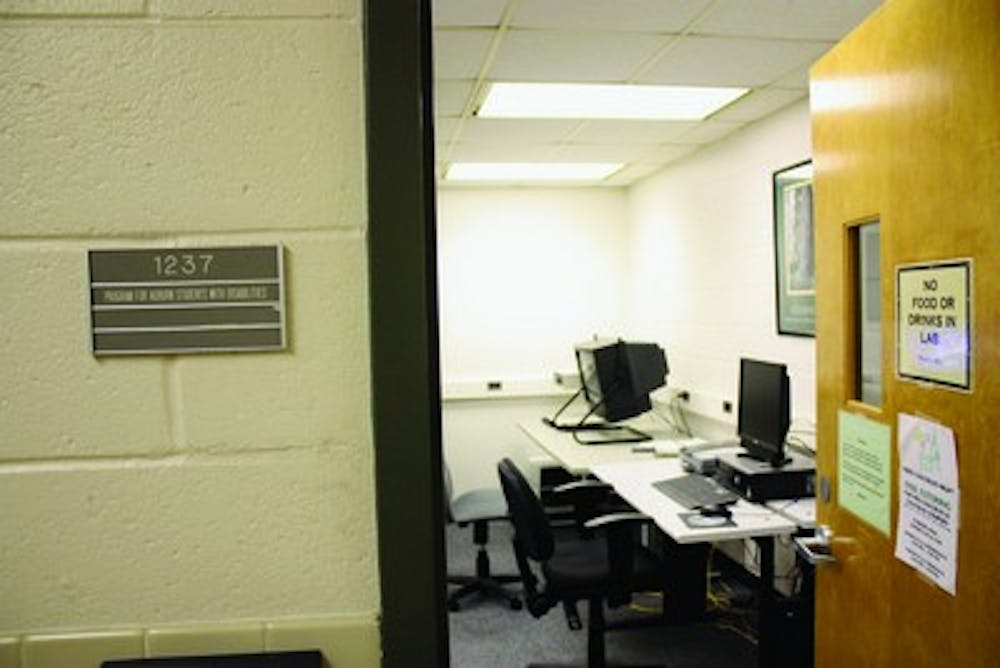Students who think they can multitask should think again.
In August, a group of Stanford psychologists conducted a study on multitasking and its effect on one's performance.
Researchers discovered that multitasking is damaging to the human mind because people who multitask perform worse than those who do not.
"The majority of people can't process two tasks at once," said Dan Scyantek, department chair of psychology at Auburn.
He said listening to music or watching TV while working or talking while driving is too distracting; they cannot coincide with each other.
Forty-one students were used in the study: 19 who multitasked frequently and 22 who multitasked less frequently.
The first test was based on memory skills. Students were shown sets of red rectangles either surrounded by two, four or six blue rectangles. The images were flashed on the screen twice, sometimes in a different position. The students had to recall if the red rectangles were positioned differently.
The students who multitasked had trouble focusing on the red rectangles and ignoring the surrounding blue rectangles. They performed poorly compared to the low multitaskers.
In a second test, alphabet letters were flashed on a screen and students announced any repeating letters. Again, the students who multitasked had trouble remembering the letter sequences.
The final test was based on memory processing.
The students were shown a letter and a number at the same time, but were told to focus on only one.
If they were to focus on the number, the students had to determine if it was odd or even. If the students were asked to focus on the letter, they had to determine if it was a vowel or a consonant.
Yet again, the students who multitasked less frequently performed much better than those who multitasked often. Researchers concluded that students who multitask have trouble organizing information in their minds and therefore perform at a lower rate.
The psychologists who performed the study are still uncertain if multitaskers are born with an inability to focus or if the simultaneous overload of information is harming their cognitive control.
However, they are certain that multitasking is damaging to one's mind.
Scyantek said he does not think that people who multitask are born with an inability to process and organize information.
Doug Leiser, a senior in professional flight, said he disagrees with this theory.
He said he thinks listening to music does not distract students from work.
"I listen to classical or any type of instrumental music while I study," Leiser said. "It helps me out because it prevents me from hearing other outside noises."
Ben Harris, a freshman in business, said he doesn't listen to music or watch TV while studying, but he surfs the Internet and texts friends.
"If I didn't, I would probably do better in school because I would keep my mind on one subject instead of several other things," Harris said.
So, students who think they are good multitaskers should reconsider it. Texting, watching TV, talking on the phone, checking e-mail, Facebooking and Twittering while working is hurting students' performance.
Do you like this story? The Plainsman doesn't accept money from tuition or student fees, and we don't charge a subscription fee. But you can donate to support The Plainsman.




